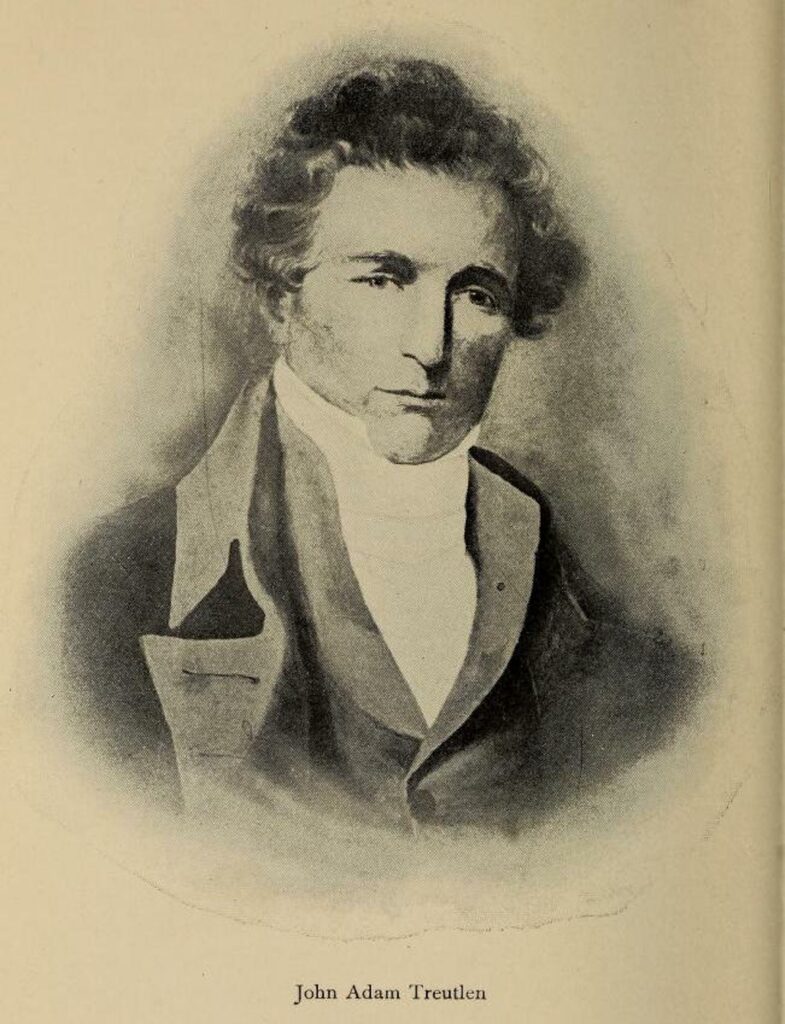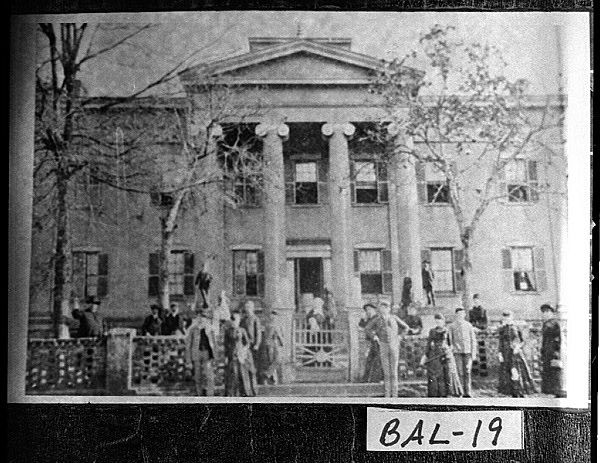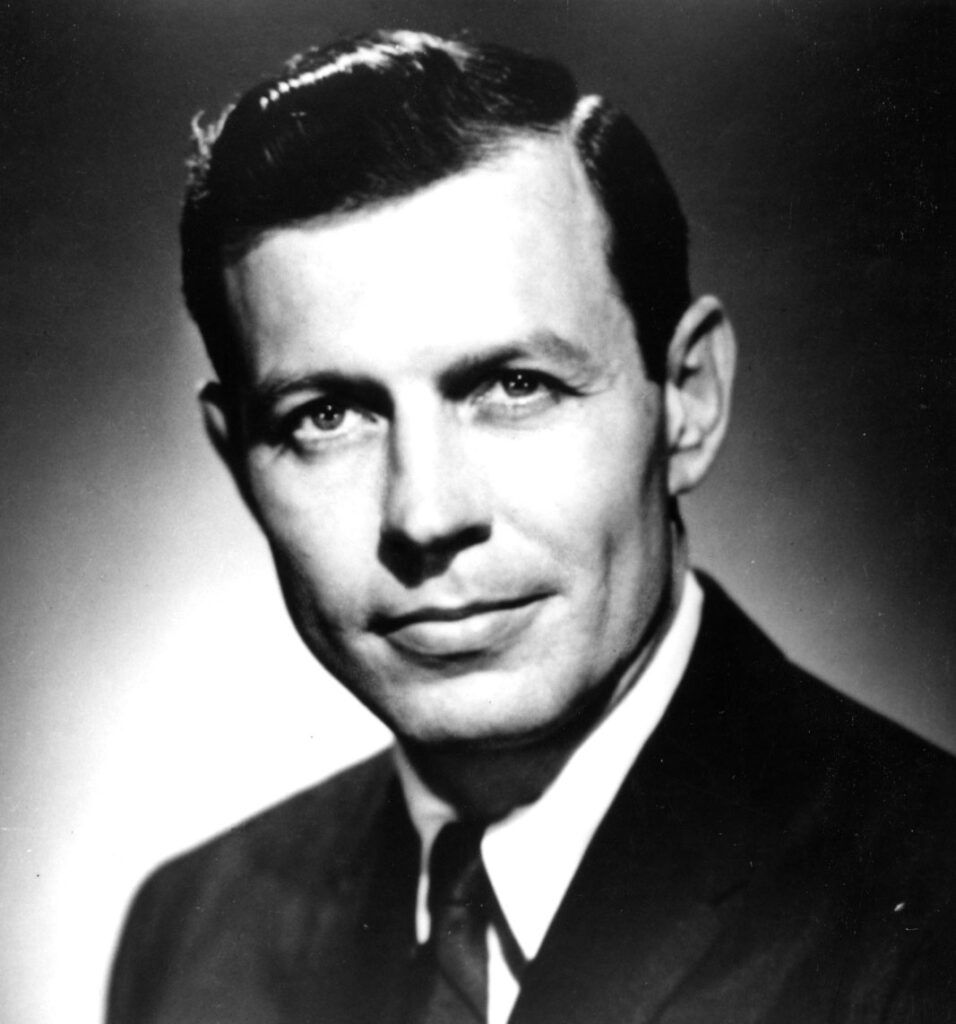The office of governor can trace its ancestry to Georgia’s founding as a British colony in 1733.

Although he never held the title of governor, General James Oglethorpe, founder of the Georgia colony, is generally considered to be the first executive officer of Georgia. The state’s first governor after independence from Great Britain was John A. Treutlen. Given the experience of strong royal governors during the years leading up to the Revolutionary War (1775-83), Georgia governors in the late eighteenth and early nineteenth centuries were initially weak in the amount of power granted to them. Since that time subsequent state constitutions have delegated greater powers to the office of governor.
Powers of the Governor
Candidates for governor must be at least thirty years old upon the assumption of the office. They must also have been a U.S. citizen for fifteen years and a resident of Georgia for six years prior to election.

The term of office for the governor is four years, and an individual is limited to two consecutive terms of office. However, a two-term governor can sit out for a minimum of four years and then run for election again. This rule creates the possibility of governors serving for long tenures, but no two-term governor has run for reelection in this way since the 1940s. In the event of a governor’s death, the state constitution charges the lieutenant governor with assuming office as the governor until the next general election. If the governor becomes disabled and is unable to fulfill his duties of office, four statewide-elected officials can petition the Supreme Court of Georgia to decide whether he or she is fit for office. If the court decides that the governor is unfit for duty, then the same procedure for succession applies as when a governor dies in office. Since the office of lieutenant governor was created in 1945, no governor has ever died or been removed from office due to disability.

The governor has a number of formal powers that are stipulated by the Georgia Constitution:
—The governor is the chief executive of the state and oversees the executive branch.
—The governor is the chief law enforcement officer. He or she shall “take care that the laws are faithfully executed and shall be the conservator of the peace” in the state. This power to enforce laws is almost identical to that of the president of the United States.
—The governor is the commander-in-chief of the state’s military forces.
—The governor has the power to veto legislation, although the Georgia General Assembly can override a gubernatorial veto with a two-thirds majority in each chamber.
—The governor is allowed to fill any vacancies in the Georgia House of Representatives and Georgia senate.
—The governor may give an annual State of the State address to the General Assembly and is permitted to propose any policies or laws of his or her choice.
—The governor may call the General Assembly into special session as he or she deems necessary. Special sessions last for only forty days unless three-fifths of house and senate members agree to extend such a session.
—The governor is allowed to appoint officials in the event of a vacancy until the next election of any state political office. Under the U.S. Constitution, the governor also has the power to appoint a replacement if a vacancy occurs in the office of one of Georgia’s two U.S. senators.
Evolution of the Governor’s Role
Historically, most Georgia governors have hailed from the rural areas of the state, a phenomenon attributable to the state’s demographics and its county unit system. Even after a majority of Georgia’s population began moving to urban areas, elected governors continued to come from rural areas. Since the usual breeding ground for governors is the state legislature, potential governors would make a name for themselves there before running for higher office. Legislators from rural areas could amass a great deal of power because the number of rural counties far outweighed the urban ones. And thanks to the county unit system, which favored rural counties over more populous urban counties, rural counties exercised disproportionate control over statewide elections, especially the governorship. Although the county unit system was abolished in 1962, the only governors from urban areas elected since that time have been Carl Sanders (from Augusta, served 1963-67), Lester Maddox (from Atlanta, served 1967-71), and Roy Barnes (from Mableton, served 1999-2003).

Over time, a combination of constitutional changes and state statutes have greatly enhanced the power of the governor. While the formal powers of the governor may seem limited, the informal powers are formidable. A combination of factors works to give the governor power. The most significant of these factors is that the governorship is a full-time position, while the position of state legislator is part-time—the General Assembly meets only forty days per year. The General Assembly’s session is one of the shortest of any state, which serves to make the governor stronger since legislators as a group are at the state capitol in Atlanta for only three months of the year. The governor can call the legislature into special session but historically has rarely done so.
The governor is also the director of the state budget. In this role, the state’s chief executive can make budgetary decisions about any department of state government. The political reality is that the governor influences every level of state government, including the elected heads of the various state departments. Unlike Florida’s cabinet government model, in which the governor is first among equals in the circle of constitutional officers, the Georgia governor has budgetary power over all state departments, although the state’s constitutional officers are separately elected. In addition, the General Assembly has traditionally allotted a portion of state revenues to the discretionary budget, which is under the direct control of the governor. As a result, the governor is in a position to reward political friends with state spending projects or to punish political foes.
Finally, the term of office plays into the power held by the Georgia governor. Initially the governor served a two-year term with a consecutive two-term limit. Under the 1945 Georgia Constitution, the governor was limited to one four-year term with the possibility of running for reelection after sitting out for four years. Most governors from 1945 to 1977 lobbied to extend this rule to a consecutive two-term limit, allowing the governor to serve for eight years. Finally, in 1977 the state constitution was amended to allow governors to serve for two consecutive terms. Since that time governors George Busbee, Joe Frank Harris, Zell Miller, Sonny Perdue, and Nathan Deal have each served for two terms. In 2002 Roy Barnes became the first governor since 1977 to be denied a second four-year term when Perdue, the second Republican governor in Georgia’s history, was elected. Because they now assume that the governor will serve for two terms, legislators tend to give the governor a wide degree of latitude in the first four to six years of a gubernatorial tenure.




































